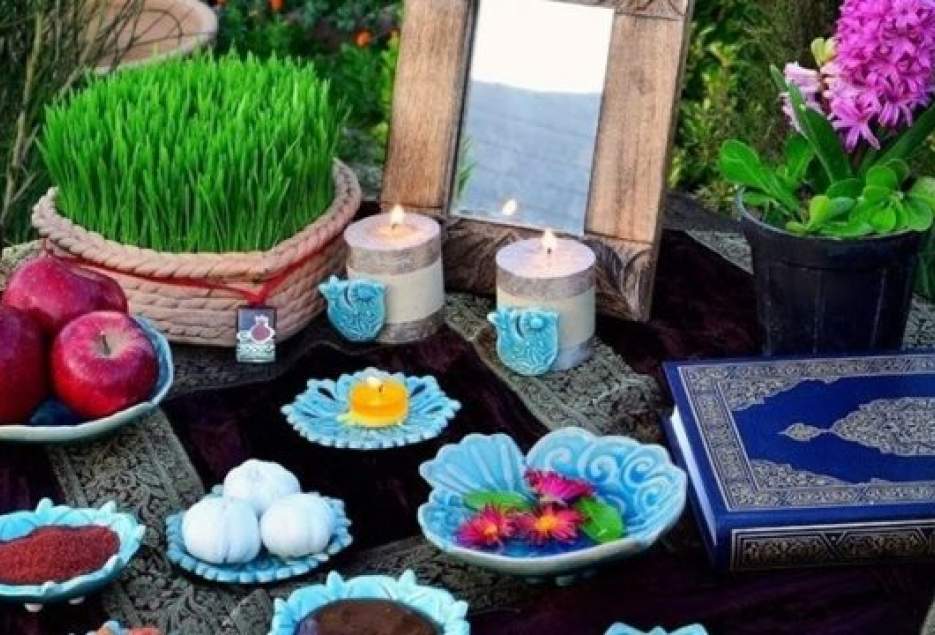Qomnews
: Iranian people have begun celebrations across the country, to mark the annual Spring Festival, as they prepare for Nowruz (the Persian New Year) which will start on Tuesday this year.
Thursday 16 March 2023 - 14:18
Story Code : 109626
Source : Qomnews
Iran celebrates spring arrival ahead of Nowruz
Iranians have been celebrating this 13-day long holiday for over 3,000 years, and its popularity remains strong.
While March 21 may not hold significance for most people worldwide, it holds great importance for Iranians and several other countries. Nowruz is a cherished tradition that has captivated the hearts of many Iranians and various ethnic groups globally.
Technically, Nowruz signifies the vernal equinox, marking the beginning of spring in the Northern Hemisphere.
Specifically, it represents the moment when the Sun crosses the celestial equator, resulting in equal day and night.
This precise moment is considered the first day of Nowruz in the Iranian calendar. Unlike Christmas, Nowruz is celebrated at various times of the day or night, with families coming together to partake in the rituals.
An intriguing superstition surrounding Nowruz suggests that one must be at their best during Sal Tahvil, as failing to do so may result in an unlucky year ahead.
This belief is held by some individuals either seriously or in a lighthearted manner.
Nowruz holds a significant place in the hearts and memories of many Iranians. What makes it even more remarkable is that it is not solely celebrated within Iran's borders. Countries along the Silk Road, including Afghanistan, Tajikistan, Azerbaijan, and Turkey, also partake in Nowruz festivities.
This tradition transcends cultural and religious boundaries, uniting people through its ancient roots that have endured and thrived into the 21st century.
With its diverse customs and traditions, Nowruz is a joyous occasion that brings people together.
Another intriguing aspect of Nowruz is its connection to the Chinese zodiac tradition.
Each year in a twelve-year cycle is associated with an animal, and this year, being 1401 on the Iranian calendar, is designated as the Year of the Tiger.
Beyond superstitions, Nowruz holds the distinction of being a UNESCO Intangible Cultural Heritage of Humanity. It was first inscribed on the list in 2009 through the efforts of Iran, along with the joint cooperation of Azerbaijan, India, Kyrgyzstan, Pakistan, Turkey, and Uzbekistan. In 2016, the list was expanded to include five additional countries: Afghanistan, Iraq, Kazakhstan, Tajikistan, and Turkmenistan.
Reporter: Fatemeh Khoshroo
end / 107
